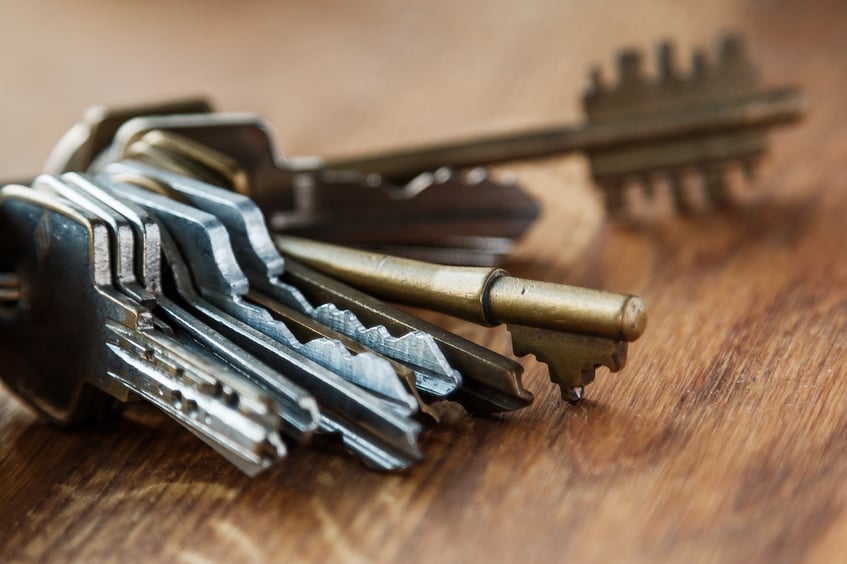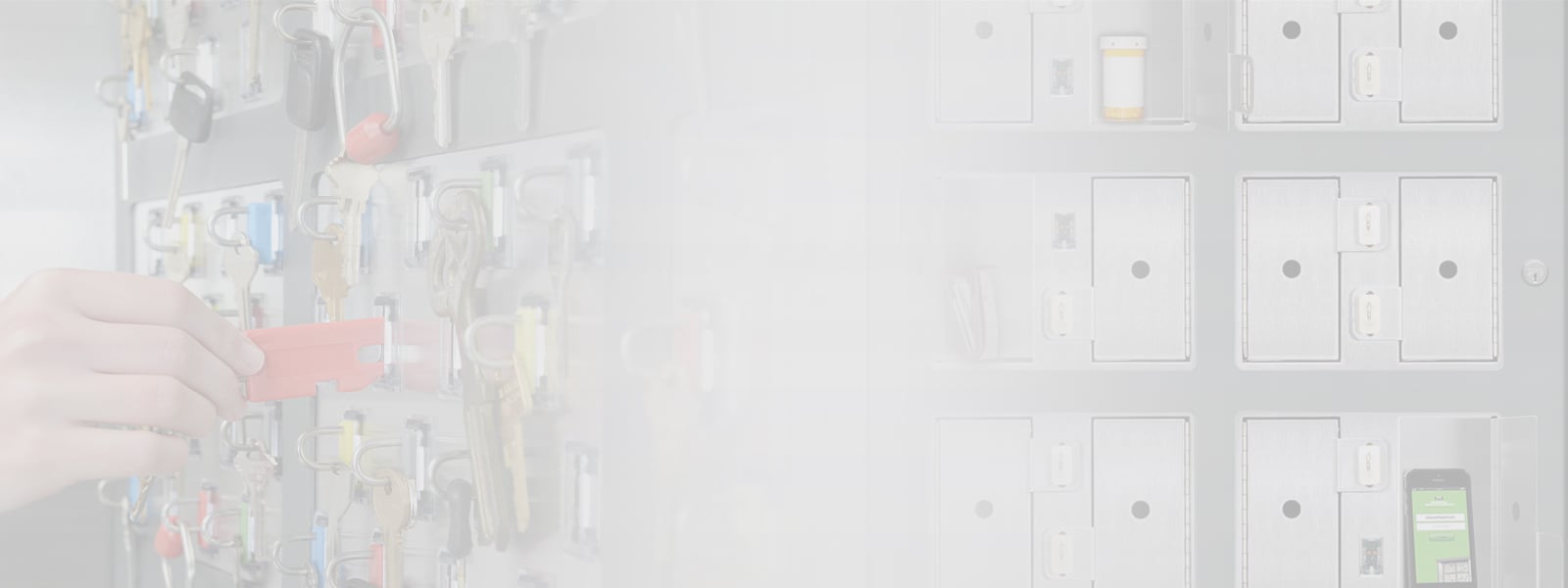
Gone are the days when computers were the only devices plugged into the internet. Today phones, televisions, cars, and even refrigerators are networked, making it easy and convenient to remotely control many devices in your home or business. This includes electronic door locking systems and other solutions that control access to a secure area, building or facility.
The advent of digital access control made it possible to rapidly provision and de-provision large systems. In a hospital, for example, a digital ID card can be programmed to open only the doors to which an employee is being granted access – patient floors and public areas, for example, but not a room where medications and controlled substances are stored. This ID card is easily re-provisioned if the employee’s status changes. Many organizations are taking this one step further and placing the access credentials on users’ smartphones, eliminating the ID card altogether.
However, this convenience has a cost as well – it increases the vulnerability of these entrances, because now the locking systems and access control systems can be hacked into. Further, cracking into one IP device provides access to an entire network and every device on it. Now anyone with access to your IP network – any part of that network, not just access control – can lock and unlock any door on the network. They can walk right into server rooms in datacenters, labs in universities or the medications room in a hospital – and steal highly valuable assets.
In a world where digital locks are becoming the standard, metal keys offer a unique advantage. They can’t be hacked. Gone is the possibility of a hacker in a remote part of the world – or sitting in a car across from your facility – getting access to your network and unlocking doors.
As access control goes more digital, metal keys still have some true advantages. Even though networked, digital keys are the right choice in many cases, it’s wise to remember that a metal key is unhackable, and so provides a uniquely useful security solution for your facility.




